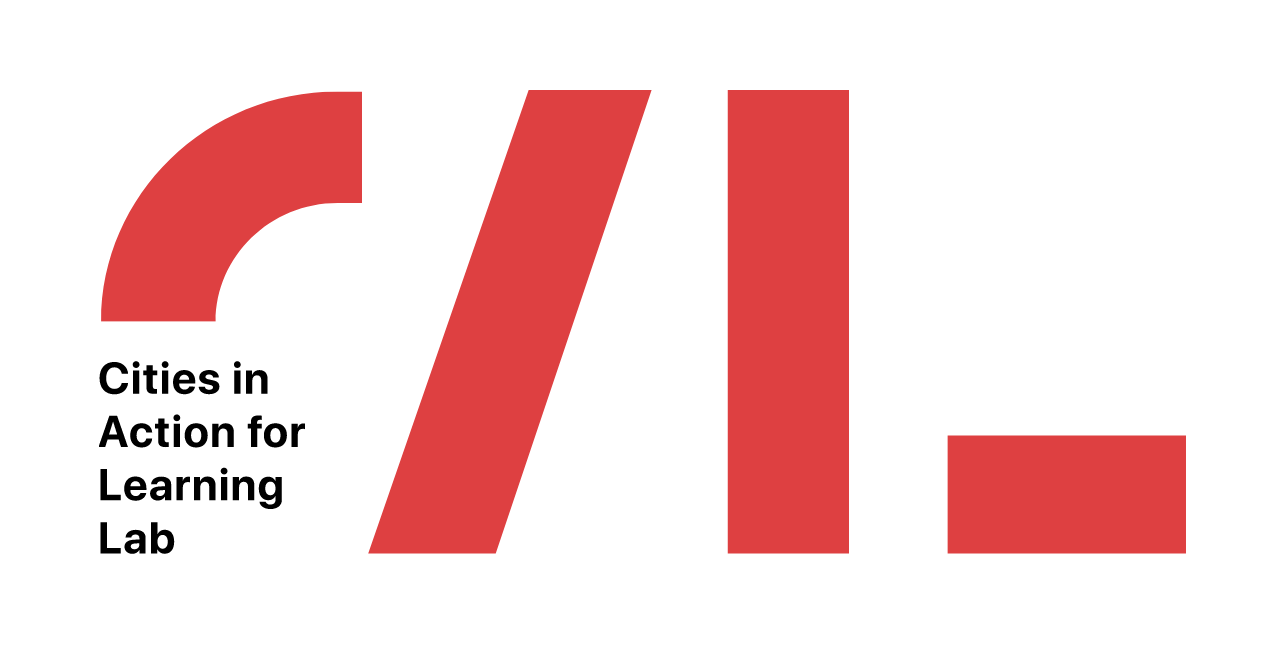Framing Trajectories
| Sustainability Transition
Contemporary challenges towards (social, environmental and economic) sustainability ask for new ways of thinking and acting. Transition theory provides a framework for understanding the multi-level nature of interrelated transformative processes in urban settings.
CALL seeks to explore trajectories of change and innovation emerging within urban and organisational configurations, embracing a socio-technical transition perspective. In doing so, it tries to capture drivers, conditions and mechanisms affecting transition pathways and dynamics.
CALL is attentive to the role of urban agents in the face of complex socio-technical and socio-environmental challenges.
Related projects Related publicationsEnvisioning Translocality
| Governance and Policy Innovation
CALL reads the urban as a constitutive relational process. Translocality refers to the interconnectedness and interdependence of spatial agents across various scales, such as regional, national, and global. It emphasizes the need to build networks and partnerships across these scales to address common challenges and pursue shared goals. Collaboration at multiple levels, exchange of knowledge and expertise, and the sharing of resources are key components of governance and policy innovation. Moving from critical urban theory, CALL explores the continuous reframing of the urban questions at the intersection of multiple scales, from local to macro-regional.
The capacity to envision and address common challenges can help coordinate efforts between different levels of government, and mobilise resources enabling experimentation involving both institutions and local communities.
Related projects Related publicationsEnabling Institutions
| Service innovation
Cities and territories can be envisioned as complex service platforms whose effectiveness is highly dependent on the governance and innovation capacity of local authorities. Starting from this assumption, several territorial institutions are undergoing processes of reorganization and innovation of their public service delivery methods and approaches, often inspired by the opportunities offered by digital technologies.
CALL frames the innovation in service design and delivery in a two-folded perspective: as relevant drivers of institutional transformation and administrative capacity building and as enablers themselves of urban transformative dynamics and potential generators of public value. For this reason, the integration of digital technologies in public sector delivery shall reflect on implications at both organizational and societal levels.
CALL researches patterns of organizational transformation within public institutions and their effects on the delivery of public service, exploring in particular the role played by digital technologies. CALL aims at developing solutions, methods and strategies to maximize the (internal and systemic) innovative potential of the transformation of service delivery.
Related projects Related publicationsEnforcing practices
| Urban Transformation
The transformation of urban spaces is a challenge of both design research and collective action within complex systems of practices, actors, decisions, and interventions. More and more, dialogue and interdisciplinary exchanges are emerging as fruitful conditions for transitions dynamic (theory of) to be tested on the field, in an immersive relation with given contexts.
CALL acts in the making of urban transformations by working in the interplay between practices and spaces, prioritizing community engagement and experimental design open to inclusion and exchange, disclosing the value of space-based and community-driven projects as a way for practices to enforce urban transformation as well as for spatial transformations to enforce new practices.
CALL’s approach to urban transformation focuses on the role of plug-in experiments in various ways: accompanying, networking, aligning or igniting them and operating through shared learning processes. Plug-in experiments are considered drivers to capture the values of pioneering practices emerging in specific spatial contexts or to activate innovative links between communities and spaces.
Related projects Related publications